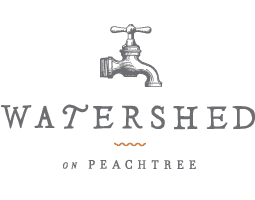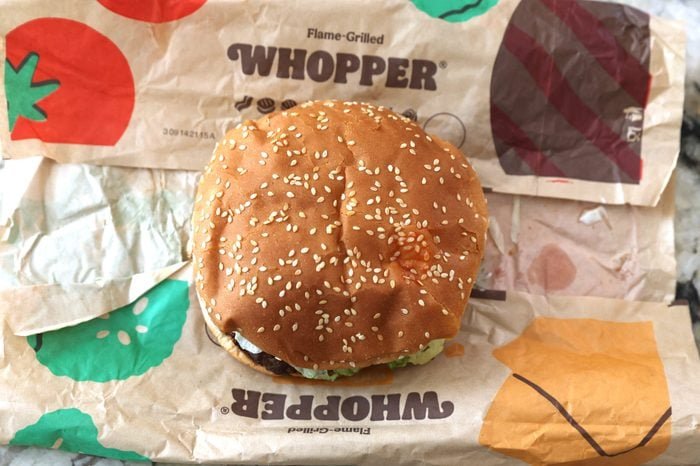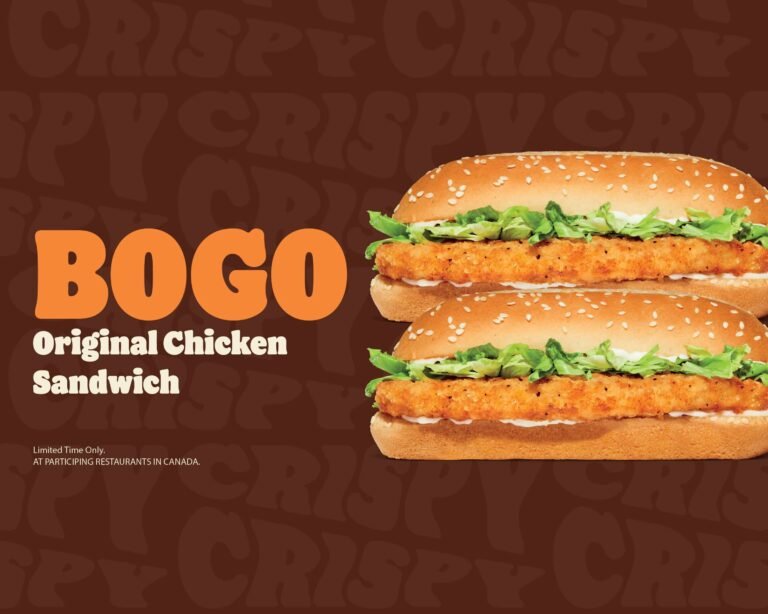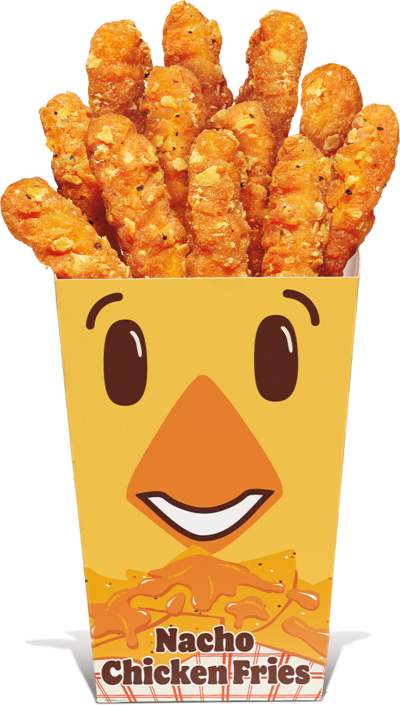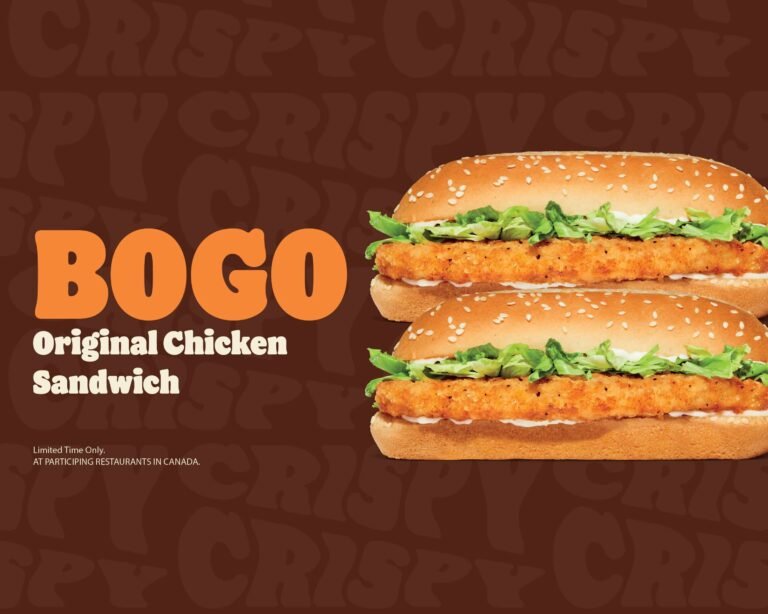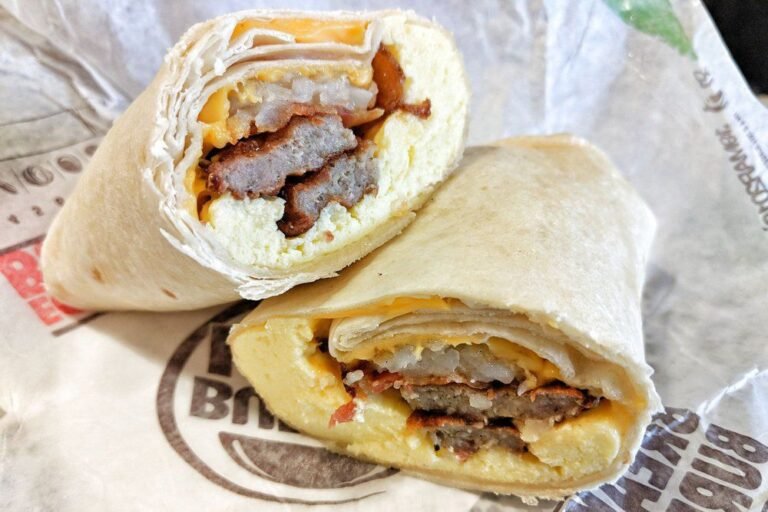Does Burger King Buns Contain Pork: Truth Revealed!
Are you curious about what’s really in your Burger King buns? If you avoid pork for personal, religious, or health reasons, you probably want to know if those buns fit your diet.
It’s easy to assume that bread is just bread, but sometimes ingredients can surprise you. Keep reading to find out the truth about Burger King buns and whether they contain pork. This information will help you make confident choices the next time you order your favorite meal.
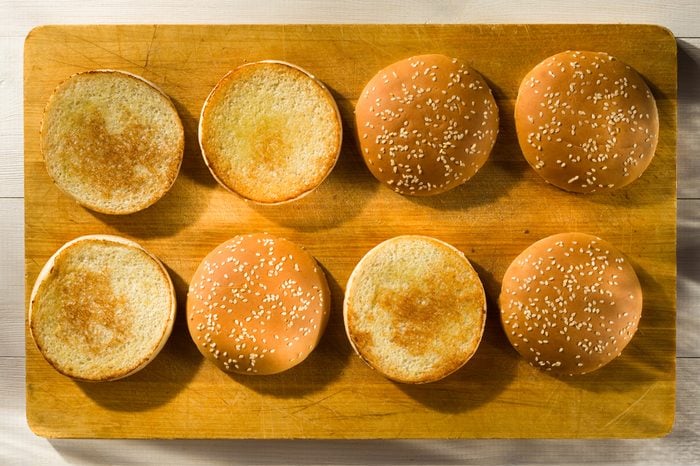
Credit: www.rd.com
Burger King Bun Ingredients
Burger King buns are a key part of their sandwiches. Knowing what is inside helps many choose wisely. Ingredients matter for taste, allergies, and dietary needs.
People often ask if Burger King buns contain pork. This section explains what goes into the buns. It reveals if any animal products are used, especially pork.
Basic Ingredients In Burger King Buns
Buns mostly contain wheat flour, water, sugar, and yeast. These ingredients create the soft, fluffy texture. Salt and oil also add flavor and moisture. No pork or pork by-products are listed here.
Use Of Animal-derived Ingredients
Burger King buns do not include lard or pork fat. Some fast-food buns use these, but Burger King chooses vegetable oils. This makes their buns suitable for many diets. Still, cross-contact in kitchens can happen.
Allergen And Dietary Information
Buns contain gluten from wheat flour. They may have dairy or egg traces depending on the bun type. None of the standard buns have pork or pork-based ingredients. Always check with the restaurant for the latest details.
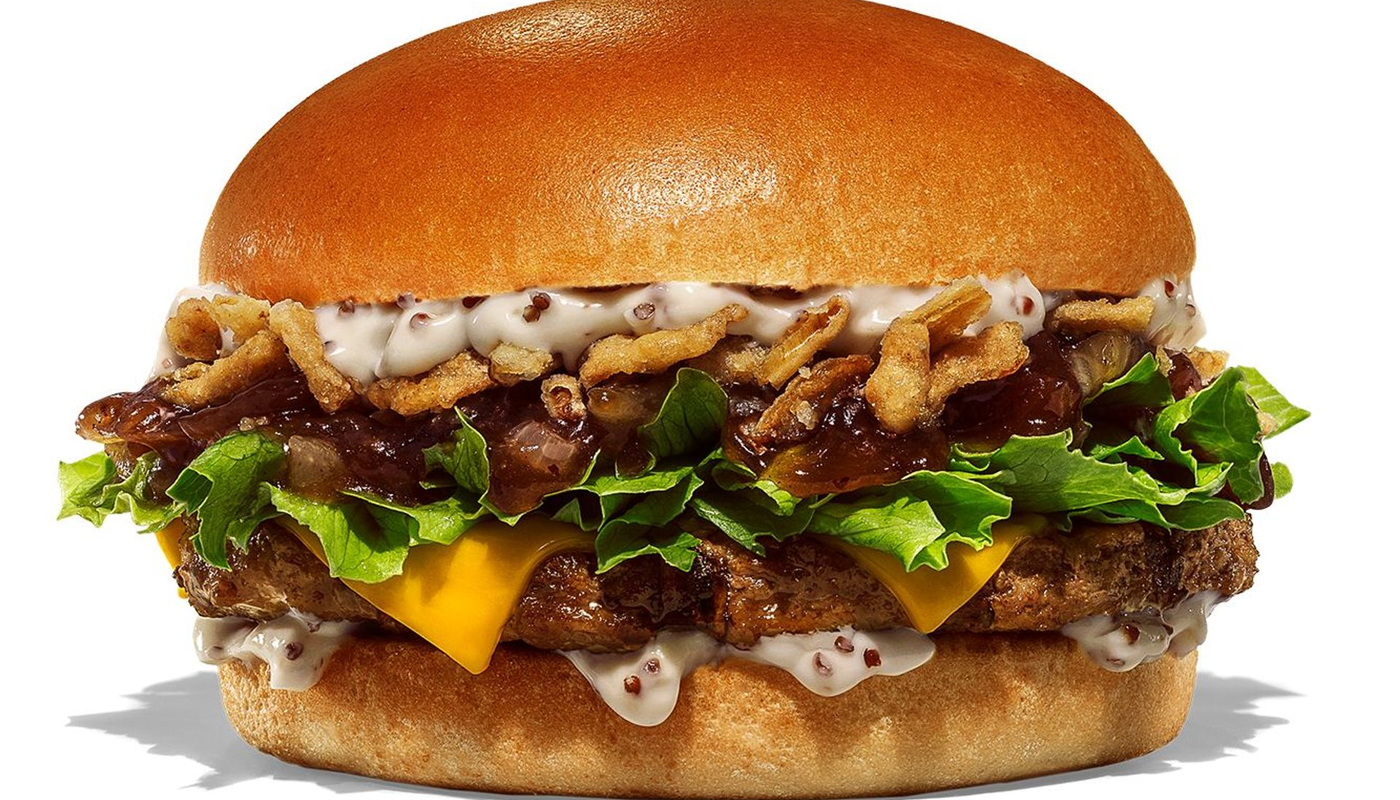
Credit: www.doordash.com
Common Sources Of Pork In Buns
Buns might seem simple, but they can contain hidden ingredients. Some buns use pork-based products in their recipes. Knowing common sources of pork in buns helps people avoid them. This is important for dietary, religious, or personal reasons.
Pork in buns often comes from flavor enhancers or additives. These ingredients might not be obvious on the label. Understanding these sources can guide better food choices.
Gelatin From Pork
Gelatin is a common ingredient in some bakery products. It adds softness and helps keep buns fresh. Gelatin often comes from pork bones or skin. Not all buns use gelatin, but some do.
Lard Or Pork Fat
Lard is pork fat used in baking for texture and taste. It makes buns moist and tender. Some traditional recipes include lard. Many commercial buns now use vegetable oils instead.
Flavor Enhancers And Additives
Some flavor enhancers contain pork derivatives. These additives improve taste and shelf life. They are sometimes found in processed buns. Reading labels carefully can reveal these ingredients.
Enzymes From Pork Sources
Enzymes help dough rise and improve texture. Some enzymes come from animal sources, including pork. These enzymes are used in small amounts. They may not be listed clearly on packaging.
Burger King’s Food Preparation Practices
Burger King follows specific food preparation practices. These practices aim to ensure food safety and quality. They focus on cleanliness and preventing cross-contamination.
Every kitchen and staff member follows strict hygiene rules. These rules help avoid mixing different food types. This is important for customers with dietary restrictions.
Burger King’s Ingredient Sourcing
Burger King sources ingredients from trusted suppliers. They check these suppliers for quality and safety. Buns are made in facilities that do not use pork products. This helps keep the buns free from pork contamination.
Preparation And Cooking Methods
Burger King cooks food in separate areas. This includes separate grills and fryers for different foods. Buns are toasted separately from meat. This reduces chances of pork residue on the buns.
Staff Training And Hygiene
Staff members receive training on food safety. They learn how to avoid cross-contact between foods. Regular hand washing and glove use are enforced. This keeps all foods safe and clean.
Allergen And Ingredient Transparency
Allergen and ingredient transparency helps customers make safe food choices. It shows what is inside the food. This information is very important for people with allergies or specific diets. Clear labels build trust between restaurants and customers.
Burger King shares details about its ingredients online and in stores. This helps customers check for allergens or unwanted items. Knowing what is in Burger King buns helps many people decide if they can eat there.
Ingredients Used In Burger King Buns
Burger King buns mainly contain wheat flour, water, sugar, yeast, and salt. These ingredients are common in most burger buns. No pork or pork-derived products are listed in the bun ingredients.
Allergen Information For Burger King Buns
Allergen information is clearly shown by Burger King. Their buns contain wheat and sometimes milk or soy. Pork allergens are not present in the buns. This is important for people avoiding pork or allergies.
How Burger King Shares Ingredient Details
Burger King updates ingredient lists on their official website. They also provide allergen guides in their restaurants. Customers can ask staff for ingredient details if needed. This open approach helps customers eat safely.
Pork-free Options At Burger King
Burger King offers several pork-free choices for customers. These options suit those avoiding pork for health, religious, or personal reasons.
Many buns and menu items do not contain pork ingredients. Burger King labels some items clearly, making it easier to choose safely.
Burger King Buns And Pork Content
Burger King buns do not contain pork. They use wheat, water, yeast, sugar, and oil in their buns. No pork products are in the standard buns.
Popular Pork-free Burgers
The Whopper and other beef burgers are pork-free. Chicken sandwiches also avoid pork. Burger King separates cooking areas to reduce cross-contact.
Vegetarian And Vegan Options
Burger King offers plant-based options like the Impossible Whopper. These meals have no pork or meat. They suit those who avoid all animal products.
Side Dishes Without Pork
French fries and onion rings do not contain pork. Salads and some desserts are also pork-free. Check ingredient lists for updates or changes.
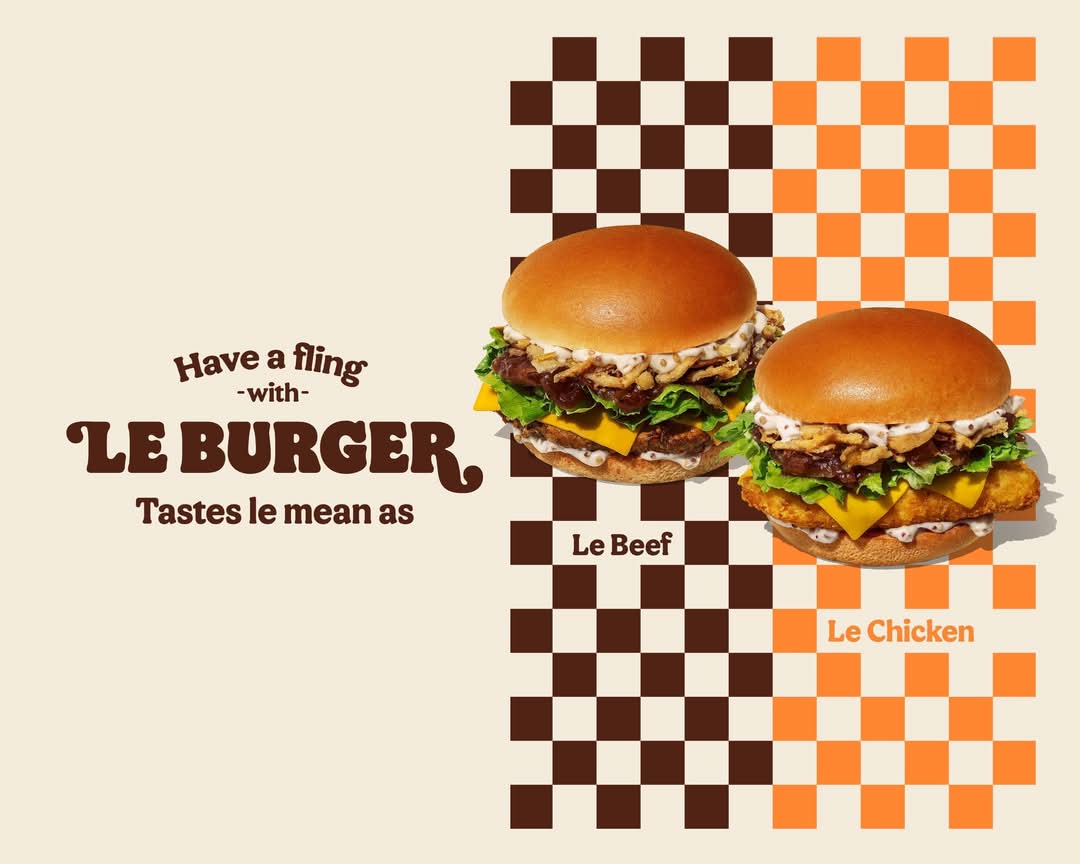
Credit: www.ubereats.com
Consumer Concerns And Cultural Considerations
Many people worry about what goes into their food. This is true for those who avoid pork for religious or cultural reasons. Knowing if Burger King buns contain pork matters to many consumers. They want to make safe and respectful choices.
Food choices connect deeply with culture and faith. Some religions forbid eating pork completely. Others avoid it in certain meals or places. These beliefs shape what people eat every day. Fast food chains must respect these concerns to serve diverse customers well.
Understanding Religious Dietary Laws
Religious rules guide millions about food. For example, Muslims follow halal rules, avoiding pork. Jews keep kosher, also avoiding pork. Hinduism and Buddhism sometimes limit certain meats too. This affects what brands like Burger King can offer.
Consumer Trust And Brand Transparency
People want clear answers about ingredients. Transparency builds trust between customers and brands. Burger King must provide honest information about their buns. This helps customers decide if the food fits their needs.
Impact On Global Market Reach
Respecting dietary rules opens doors worldwide. Fast food chains that adapt gain more customers. Avoiding pork in buns may attract more people. It shows respect for different cultures and beliefs.
Alternatives For Pork-free Buns
Finding pork-free buns is important for many people. Some avoid pork due to diet, religion, or personal choice. Many fast food places use buns without pork ingredients. Still, knowing your alternatives helps you choose safely.
There are several options for pork-free buns. These buns use simple ingredients like flour, water, and yeast. They avoid animal fats and additives that may contain pork.
Understanding Common Bun Ingredients
Most buns have flour, sugar, and yeast. Some use oils or fats for softness. Vegetable oils are common and safe for pork-free diets. Watch out for lard or animal shortening, which may contain pork.
Choosing Buns Made With Vegetable Oils
Buns made with vegetable oils are pork-free. Oils like canola, sunflower, or soybean oil keep buns moist. These buns stay fresh and tasty without animal fats.
Exploring Gluten-free And Specialty Buns
Gluten-free buns often use rice or almond flour. Many of these buns avoid animal products entirely. They offer a good choice for people avoiding pork and gluten.
Finding Vegan Or Plant-based Buns
Vegan buns do not contain any animal products. They use plant-based ingredients only. These buns are naturally free from pork or any meat by-products.
Checking Labels And Asking Questions
Always read ingredient lists carefully. Some buns may have hidden animal fats. Asking staff or the bakery can help confirm pork-free status.
Frequently Asked Questions
Do Burger King Buns Contain Any Pork Ingredients?
No, Burger King buns do not contain pork or pork-derived ingredients. They are made with wheat flour, water, sugar, yeast, and other plant-based components only.
Are Burger King Buns Suitable For Pork-free Diets?
Yes, Burger King buns are suitable for pork-free diets. They do not use pork in their bread, making them safe for those avoiding pork.
Can Vegetarians Eat Burger King Buns Safely?
Yes, vegetarians can safely eat Burger King buns. The buns contain no animal-based ingredients, including pork, making them vegetarian-friendly.
Does Burger King Use Pork In Any Bread Products?
No, Burger King does not use pork in any of their bread products, including buns, ensuring all bread items are pork-free.
Conclusion
Burger King buns do not contain pork ingredients. People who avoid pork can eat these buns safely. The company uses wheat, water, sugar, and yeast in buns. No pork products or pork by-products are included. Always check ingredient lists to be sure.
This helps keep your diet clean and clear. Now you can enjoy your burger without worry. Simple and clear answers help make good food choices.
